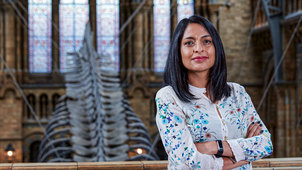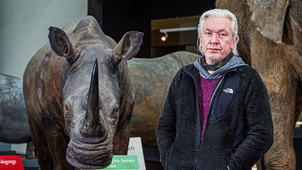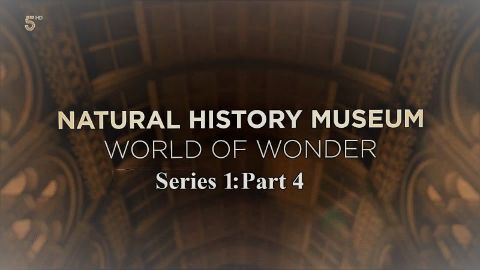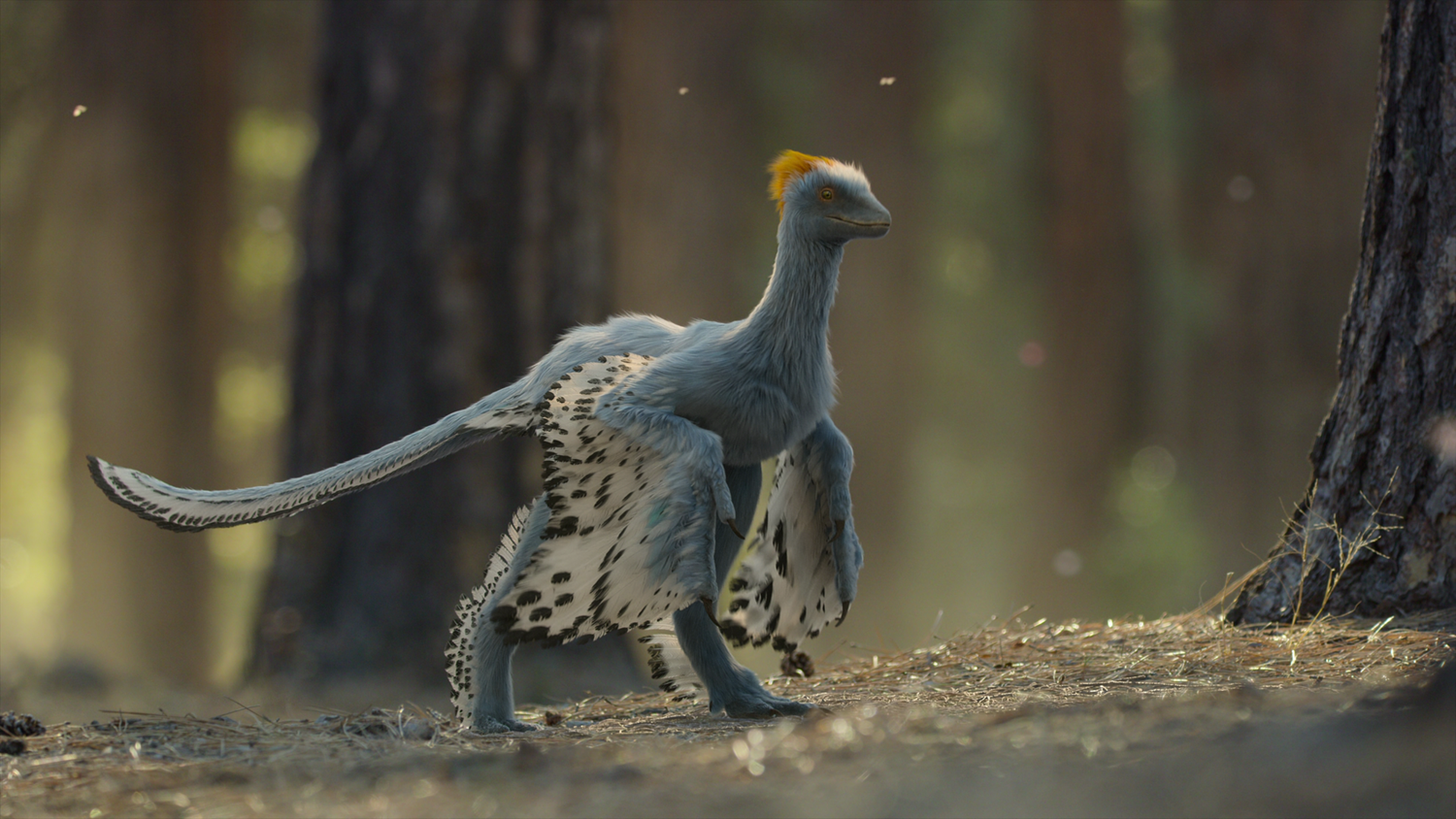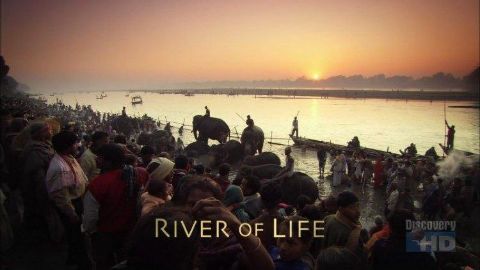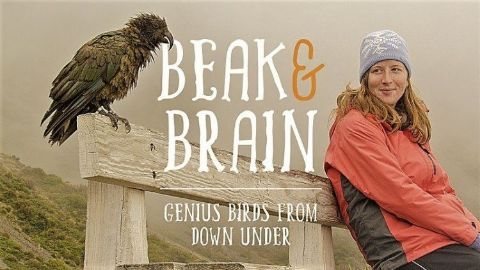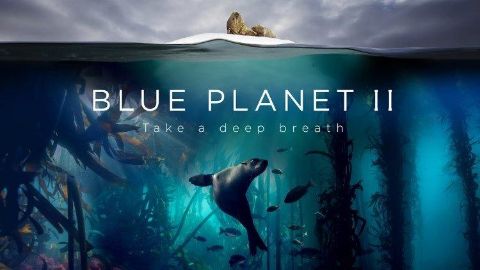Part 3 • 2021 • episode "S1E3" • Natural History Museum: World of Wonder
World-leading dinosaur expert Susie Maidment is in the museum basement trying to piece together the skeleton of the first Tyrannosaurus rex ever discovered. It's a priceless specimen but somehow the bones have got muddled up with another dinosaur and it's up to Susie to work out if any of the bits are missing. The experts inspect Guy the gorilla, who was a London Zoo favourite for decades and now sits fully preserved in his own glass case, and the museum launches an ambitious project to capture a sample of every living bug in the UK today.
Make a donation
Buy a brother a hot coffee? Or a cold beer?
Hope you're finding these documentaries fascinating and eye-opening. It's just me, working hard behind the scenes to bring you this enriching content.
Running and maintaining a website like this takes time and resources. That's why I'm reaching out to you. If you appreciate what I do and would like to support my efforts, would you consider "buying me a coffee"?
Donation addresses
BTC: bc1q8ldskxh4x9qnddhcrgcun8rtvddeldm2a07r2v
ETH: 0x5CCAAA1afc5c5D814129d99277dDb5A979672116
With your donation through , you can show your appreciation and help me keep this project going. Every contribution, no matter how small, makes a significant impact. It goes directly towards covering server costs.
